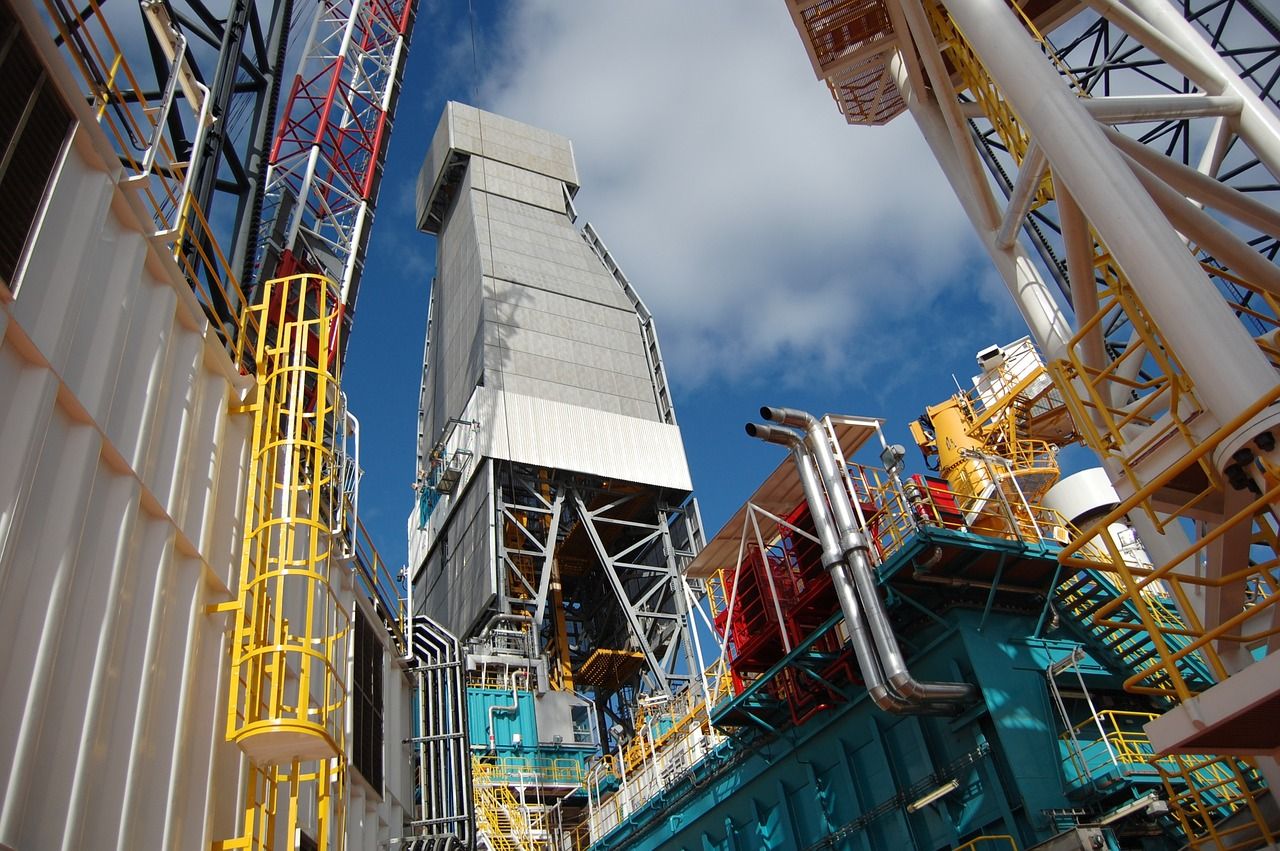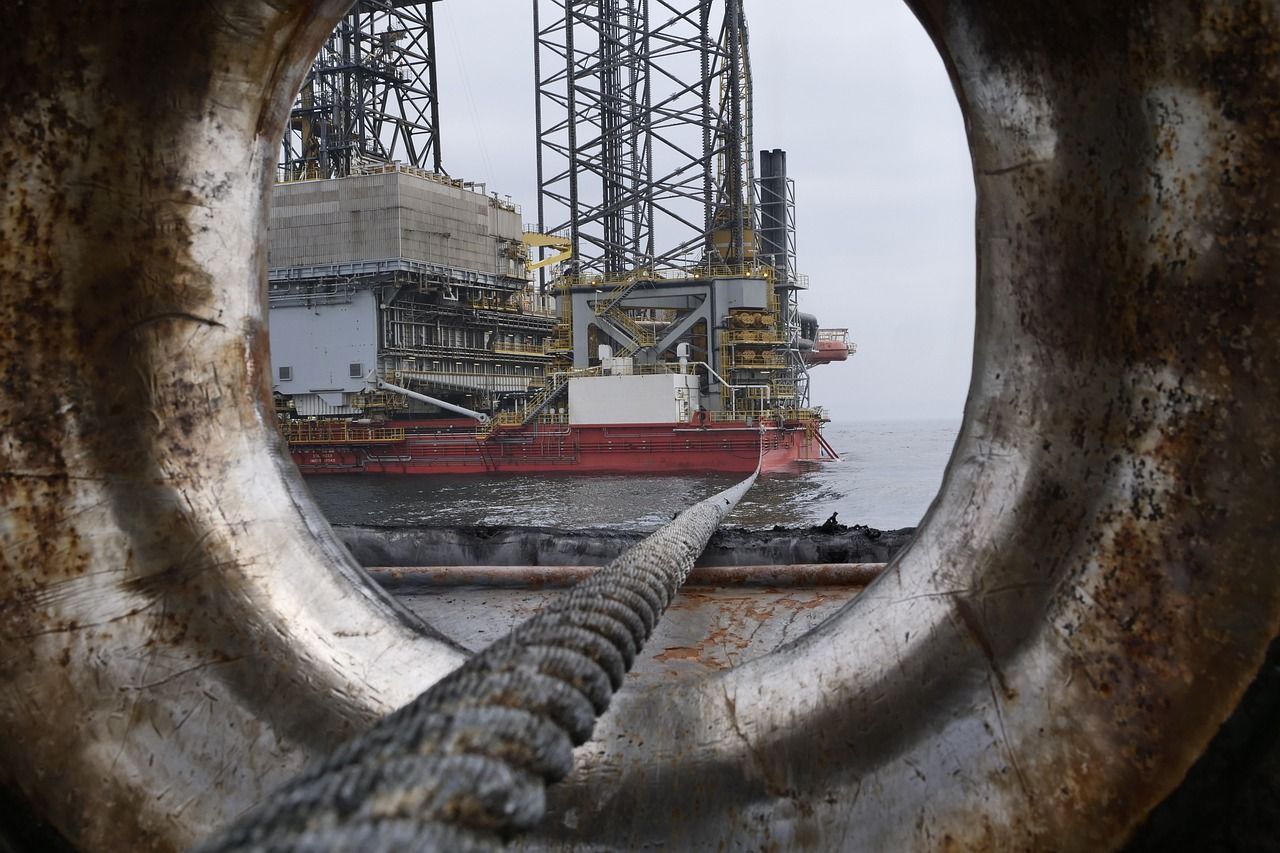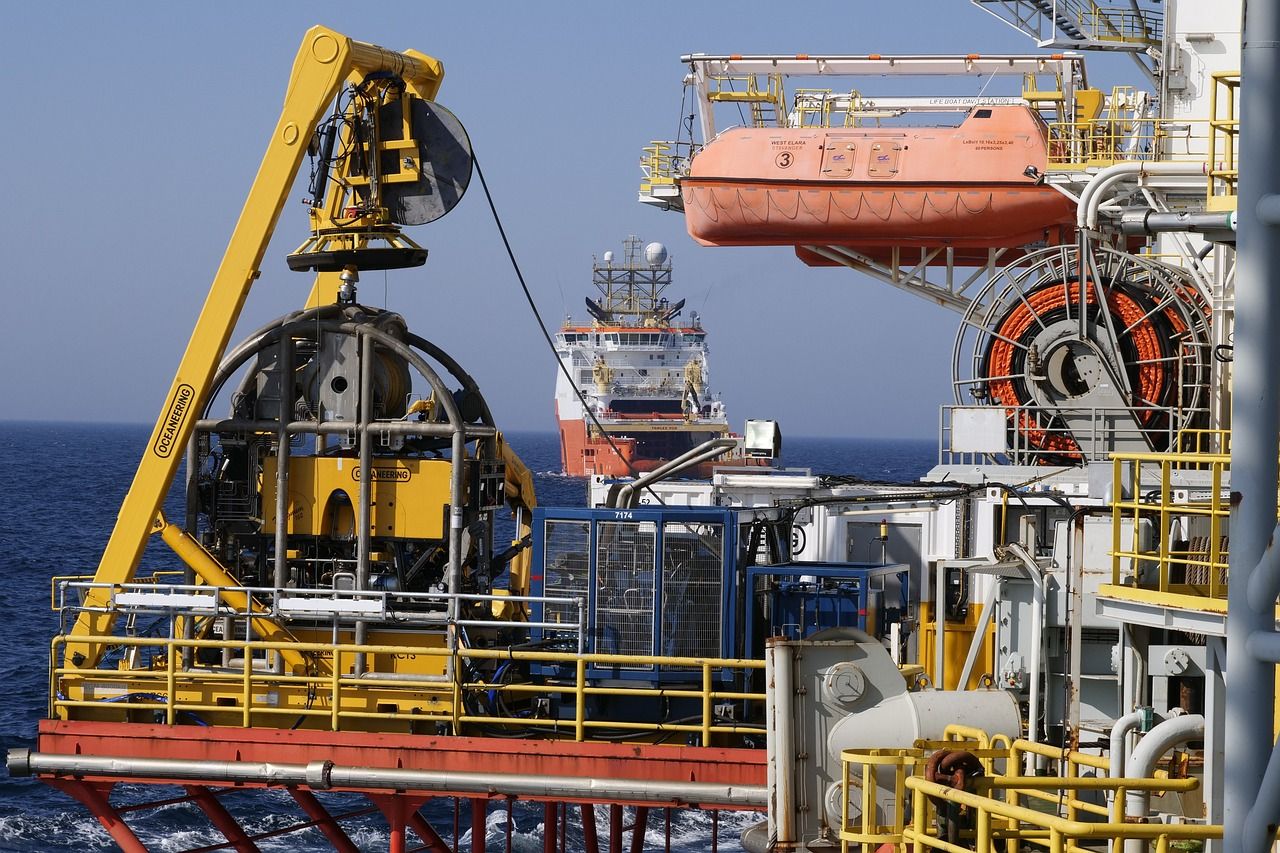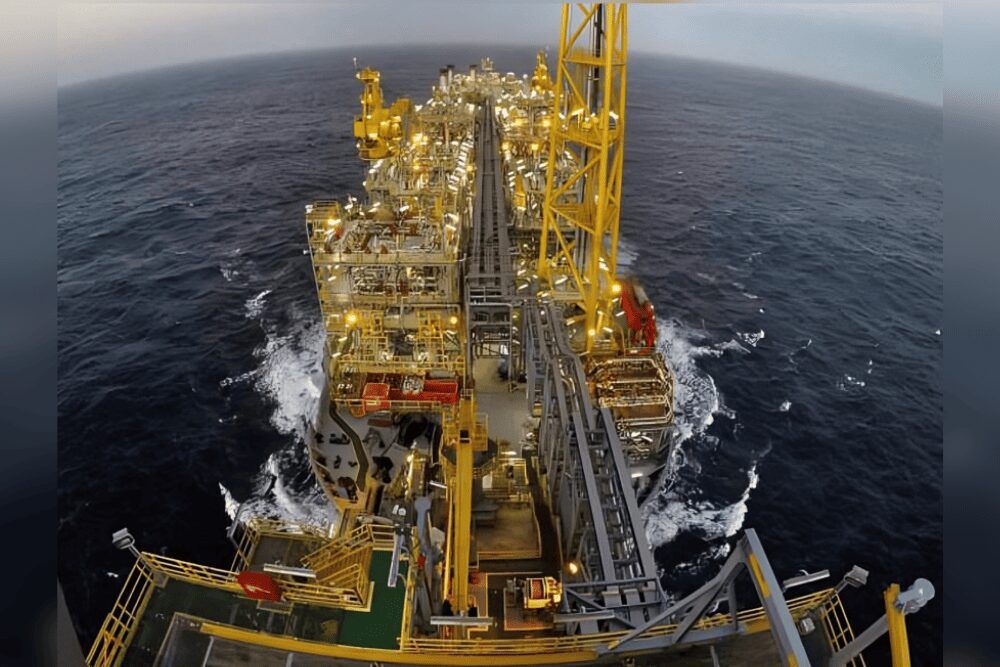Corrosion is a persistent challenge for Floating Production Storage and Offloading units (FPSOs), directly affecting their uptime and production efficiency. Addressing corrosion proactively is essential to maintain reliable operations and cost efficiency.
FPSO downtime: The real cost of corrosion
For FPSOs, downtime means halted production and increased repair expenses. Every hour an FPSO is idle results in lost oil and gas processing and storage, translating to financial loss.
According to a study by the National Association of Corrosion Engineers (NACE), corrosion-related costs in the oil and gas industry amount to billions annually.
Unplanned maintenance, especially on remote offshore units like FPSOs, drives these costs higher, impacting the project’s financial feasibility.
Corrosion can affect various areas of an FPSO, including topside structures, pipelines, storage tanks, and processing facilities.
Over time, exposure to saltwater, humidity, and temperature fluctuations creates conditions conducive to rust and degradation.
When components like pipelines or storage tanks corrode, operators face risks of leaks, contamination, or structural failures, leading to unplanned shutdowns.
How corrosion affects production efficiency
Corrosion not only leads to downtime but also disrupts production efficiency. An FPSO’s purpose is to process and store large volumes of oil or gas efficiently; however, corroded equipment can compromise this efficiency.
For instance, a corroded pipeline weakened by rust can cause pressure drops, leaks, or other issues that reduce flow rates. According to Wood Mackenzie, production losses from corrosion-related issues are common across offshore assets.
As production slows, operators may struggle to meet output targets and face penalties for failing to fulfill contractual obligations.
The impact of corrosion on efficiency extends beyond production loss; it also involves increased resource usage to achieve the same output. Corrosion forces equipment to work harder to process fluids or gas, leading to more wear and tear.
Over time, this cycle results in:
- Frequent maintenance.
- Higher operational costs.
- and increased energy consumption.
By mitigating corrosion, operators can ensure optimal equipment performance and minimize wasted energy and resources.

Reactive vs. proactive: The corrosion control dilemma
Operators often focus on reactive maintenance, addressing corrosion only after it causes damage, which is expensive and risky. NACE reports that proactive corrosion control can reduce corrosion-related costs by 15-35%, especially in offshore settings.
Implementing preventive measures such as corrosion-resistant coatings, cathodic protection, and monitoring systems can prevent problems from escalating and maintain smooth FPSO operations.
When corrosion is not managed proactively, the impact extends beyond equipment to the team, supply chain, and entire operation.
Corrosion-related repairs often require specialized personnel, longer downtime, and regulatory inspections that further delay reactivation.
Proactive corrosion management avoids these issues, improves uptime, and enables the FPSO to remain fully operational longer.
Ensuring asset integrity: The role of anti-corrosion coatings
Protective coatings or mothballing systems are the frontline defense against corrosion, essential for protecting FPSO structures. Properly applied coatings can extend the life of steel surfaces on topsides, tanks, and piping.
These coatings create a barrier that prevents saltwater, air, and other corrosive elements from reaching metal surfaces.
According to Offshore Engineer, anti-corrosion coatings significantly reduce maintenance needs and extend the life of FPSOs.
Without protective coatings, operators face a continuous battle against corrosion that affects uptime and long-term asset integrity.
These coatings also reduce the need for extensive repairs, allowing FPSOs to operate with minimal maintenance requirements.

How Cocoon Holland can help FPSOs combat corrosion
For FPSO operators seeking to reduce downtime and improve production efficiency, Cocoon Holland offers reliable anti-corrosion and mothballing solutions designed to meet the demanding offshore conditions of FPSOs.
Our solutions provide durable protection for critical equipment, helping to extend the life of your FPSO, reduce the need for unplanned maintenance, and ensure that your asset is always ready for peak performance.
With our products, FPSO operators can take a proactive approach to corrosion, minimizing repair costs and maximizing uptime—keeping your asset operational and productive for longer.
At Cocoon Holland, we’re here to support the longevity, reliability, and efficiency of your FPSO fleet, helping you maintain the highest standards of integrity, safety, and performance in every phase of your project.
Want to know more about this subject?
Feel free to read more about this subject via the articles underneath:
- How corrosion impacts FPSO uptime and production efficiency
-
How Cocoon protects FPSO´s with smart mothballing and corrosion prevention
Contact us today if you´re looking for a durable solution for your FPSO equipment.
T: +31 (0)20 6867 808

Alexander van der Zee, owner Cocoon Holland B.V.


